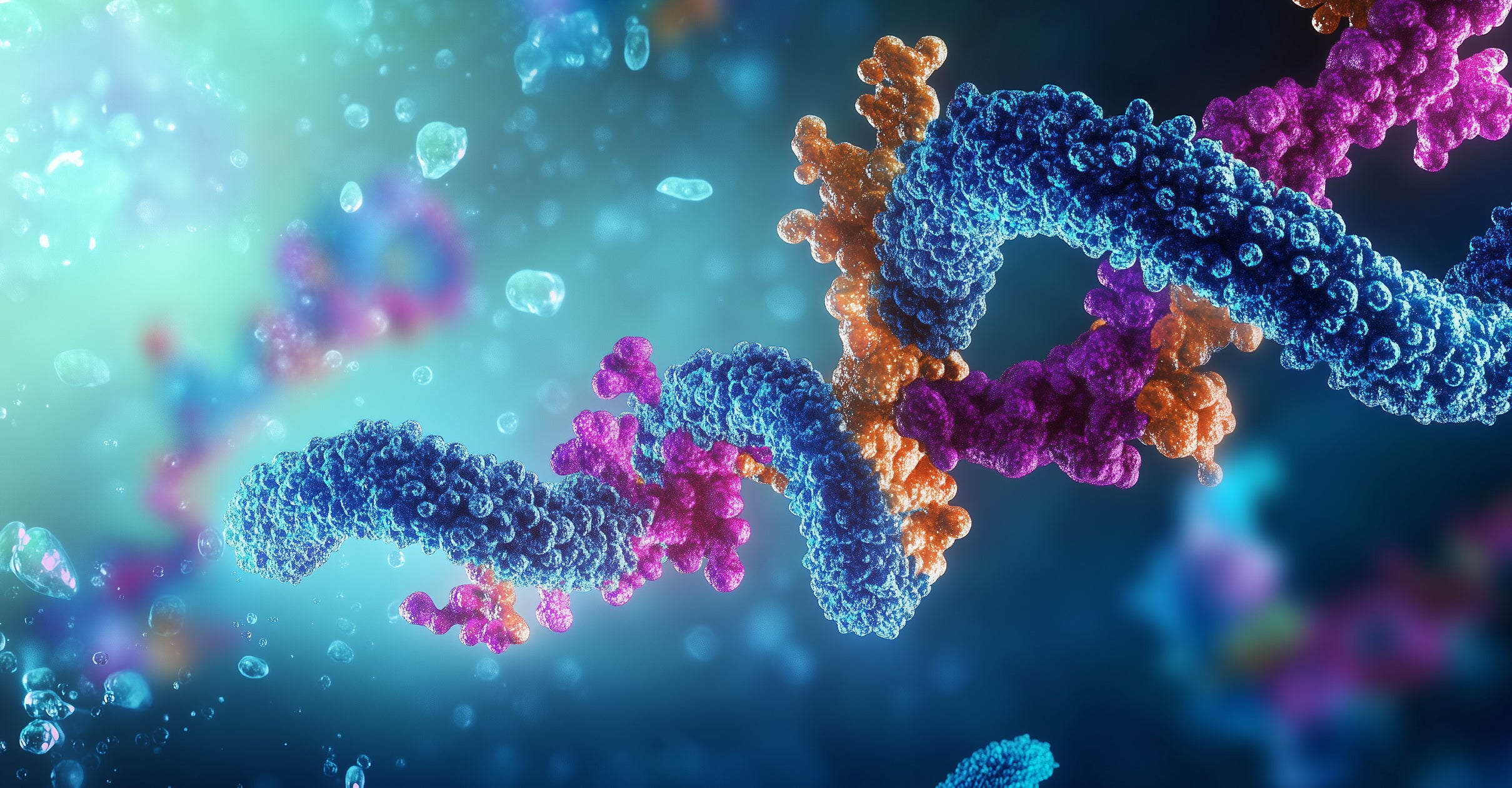Proteomics & Structural Biology
Comprehensive Insights into Protein Function and Dynamics
Proteins are the molecular engines of life, driving nearly all biological processes. Their diverse functions—enzymatic, structural, regulatory, and signaling—are intricately linked to their three-dimensional structures and dynamic behavior. Proteomics and structural biology aim to unravel the complexity of proteins by studying their expression, purification, interactions, activity, and structure. These insights enable applications ranging from basic biological research to drug development and biotechnological innovations.







